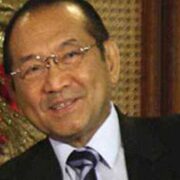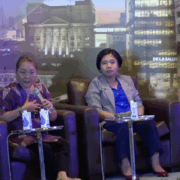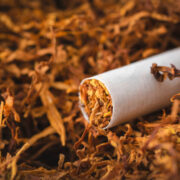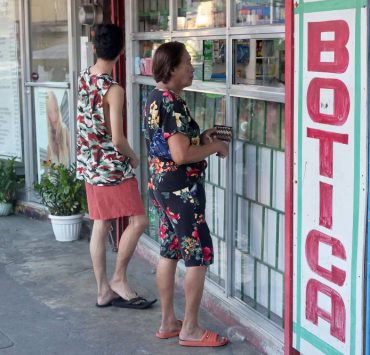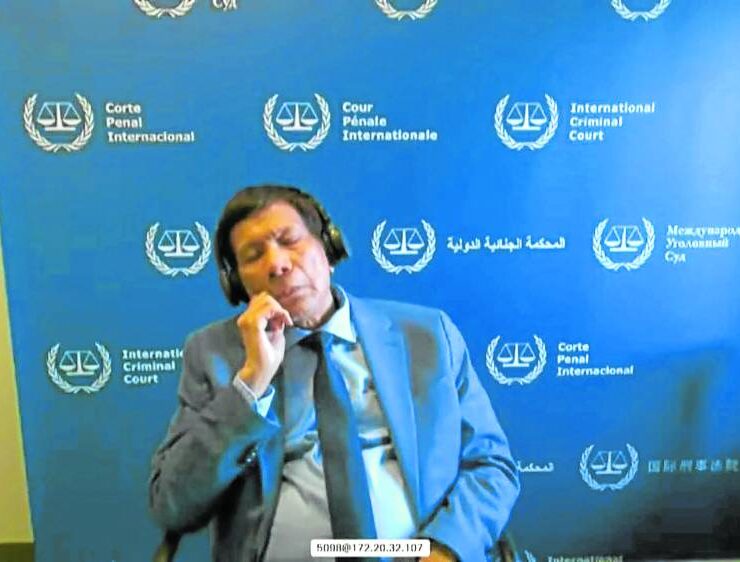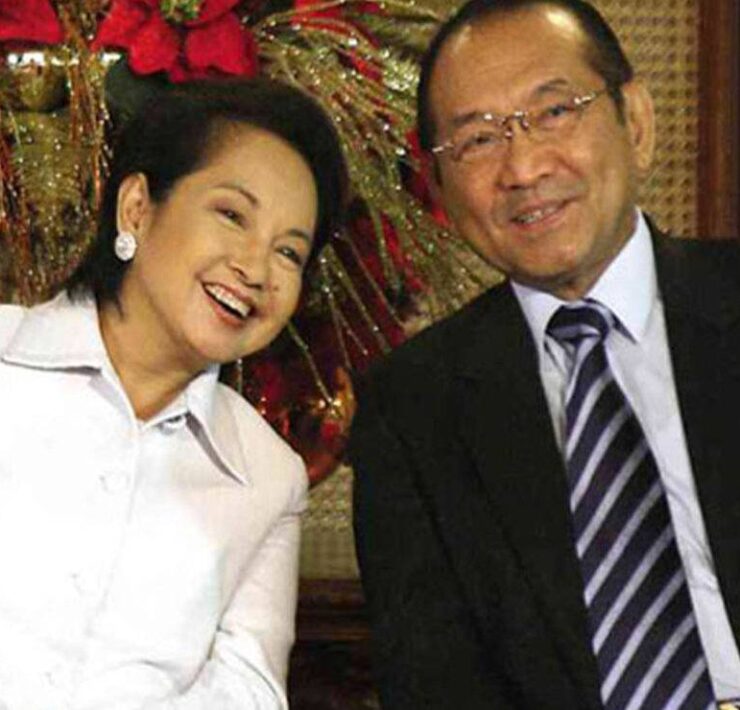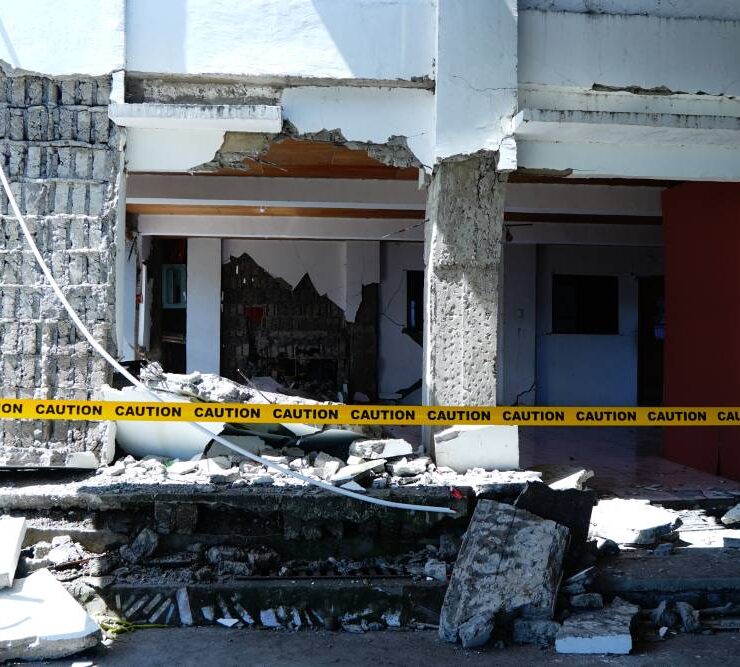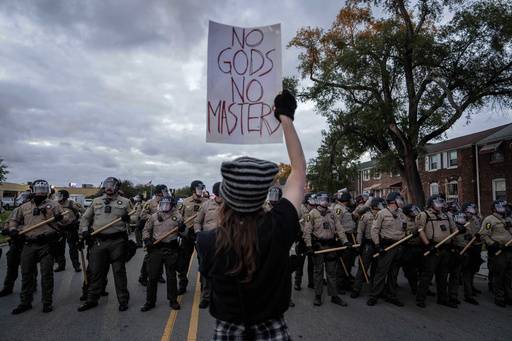Evali epidemic feared as vapers get younger
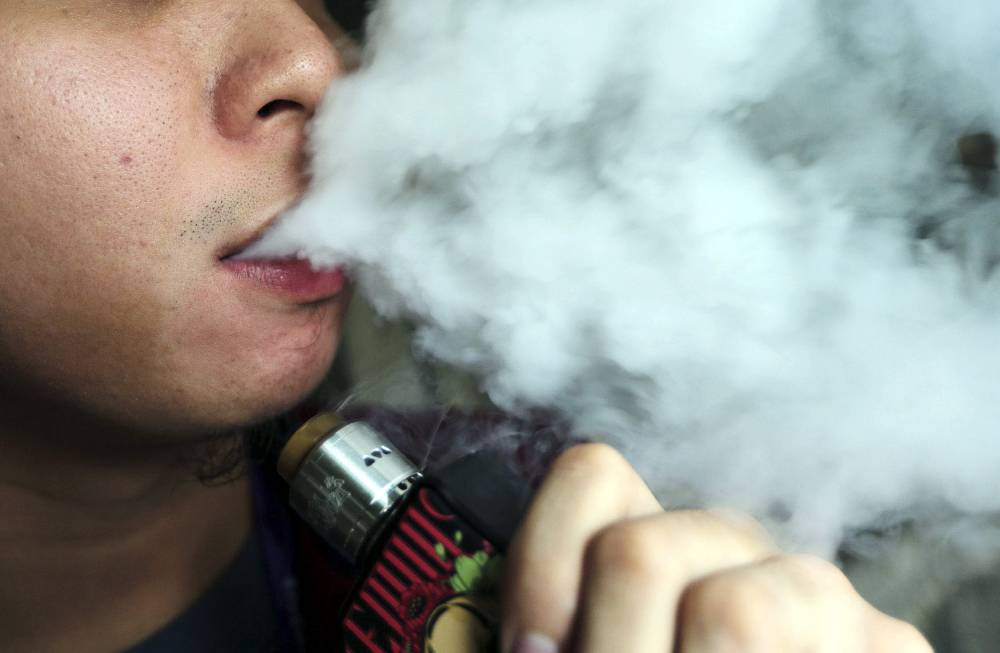
Experts have warned against a possible epidemic of Evali—electronic cigarette or vape-associated lung injury—in the country, where the tobacco industry is targeting less discerning and curious young people.
According to the latest Global Youth Tobacco Survey in 2019, 14 percent or one in every seven Filipinos between 13 and 15 years old is already using e-cigarettes, translating into almost a million young users nationwide.
But medical experts are concerned the figure may have “grown even larger” in the past five years, with the Expanded National Nutrition Survey of the Food and Nutrition Research Institute in 2019 showing that 20 percent, or one of five vape users in the country, was an adolescent.
“This alarming trend is not a coincidence but a result of the tobacco industry’s calculated marketing tactics targeting the youth,” pulmonologist Dr. Maricar Limpin, Action on Smoking and Health Philippines executive director, said at a recent roundtable discussion in Makati City.
“We will not sit idly by and turn a blind eye to the predatory practices of this industry. By allowing the Philippines to position itself as a manufacturing hub [of e-cigarettes and other novel tobacco products], we are essentially paving the way for an Evali epidemic,” she added.
Symptoms
Evali is a medical condition in which patients are clinically diagnosed with a respiratory illness or lung injury associated with using e-cigarettes or vaping products for as short as six months to two years.
Its symptoms include shortness of breath, fever, chills, cough, vomiting, diarrhea, headache, dizziness, rapid heart rate or chest pain.
The first Evali case in the country was confirmed by the Department of Health (DOH) in November 2019. The victim was a 16-year-old girl from Central Visayas who had been smoking e-cigarettes for six months, on top of regular cigarettes.
“It was just one case in 2019, but we’re beginning to observe more and more cases today, especially among young people,” Limpin said.
Based on reports from the Philippine College of Chest Physicians, there are currently seven Evali cases nationwide, particularly in the National Capital Region, Central Luzon and Visayas, according to Limpin. Most of them are only between 20 and 25 years old.
But so far, no Evali-related deaths have been reported in the Philippines.
According to Dr. Riz Gonzalez, chair of the Philippine Pediatric Society’s Tobacco and Nicotine Control Advocacy Group, some Evali patients have developed symptoms similar to chronic obstructive pulmonary disease, which is prevalent among adults 40 years old and older.
“You would expect this smoking behavior from a middle-aged smoker, but we saw it in someone as young as a 16-year-old. With how accessible vapes are, tobacco is now an issue for children, too, and the growing Evali cases are proof,” Gonzalez said.
“These youth should be productive members of the society. But they are stricken with this fatal disease just because of using vape,” she added.
‘Business and profit’
Investigators at the US Centers for Disease Control and Prevention have identified vitamin E acetate, a chemical widely used in vaping juices, as one of the potential causal agents of Evali.
The Philippine Drug Enforcement Agency last month also warned against vaping juice laced with delta-9-tetrahydrocannabinol, also known as THC which is found in cannabis, a prohibited drug in the country.
“This is alarming. Imagine, we will have young ones, who are not only addicted to nicotine but also marijuana in their vapes,” Gonzalez said.
Health advocates primarily blame Republic Act No. 11900, or the Vaporized Nicotine and Non-Nicotine Products Regulation Act, which lapsed into law in July 2022, for the surge of vape users nationwide, especially among the youth.
Au Quilala, deputy executive director of the Philippine Legislators’ Committee on Population and Development, said the law made e-cigarettes and heated-tobacco products more accessible to young people by lowering the age of access from 21 to 18 years old.
It also transferred responsibility for regulating vaping products from the Food and Drugs Administration under the DOH, to the Department of Trade of Industry, making vaping “a business and profit issue, instead of a public health concern.”
“We urge the government to prioritize the people over the interests of the industry by restricting these tactics targeting children. If this continues, the Philippines could end up becoming a vape colony,” Quilala said.




